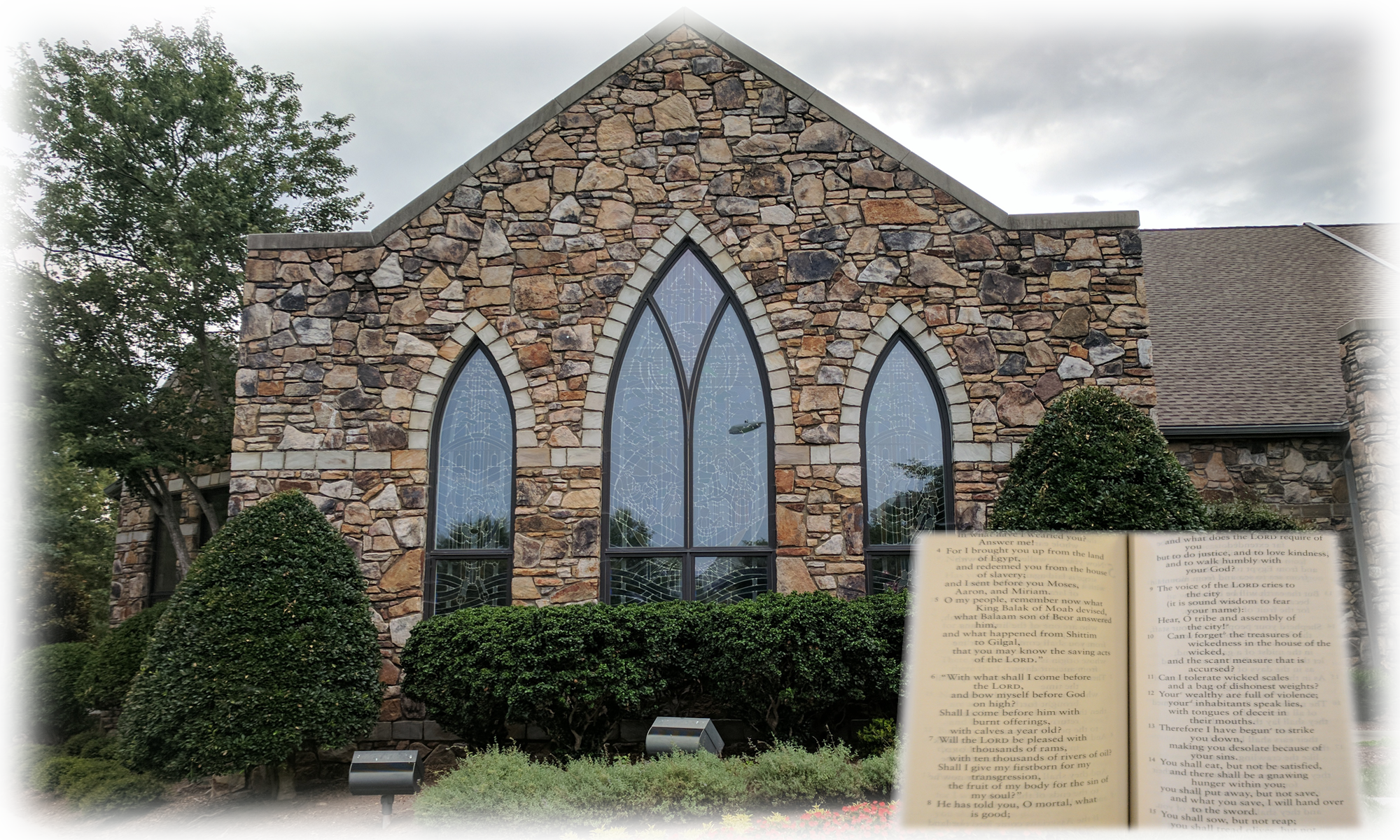You can see the description of our Spring class by clicking on its title in the sidebar to the left.
Week 5, Acts 11:1 to 13:12
This weeks readings have been shorter than usual, but they cover a crucial turning point in the narrative. The early Jesus movement moves from Judea to Syria, then into the wider Greco-Roman world. Join us this morning for a discussion of this geographical shift and what it implies about the author’s goals for the book as a whole.
Week 4, Day 2: Acts 9:1—9
 Gonzalez talks about this passage as a “conversion” story, but his comments on action in response to reading reveal that at some level he knows that the text is really about calling, and not conversion. Krister Standahl wrote an article in 1963 (The Harvard Theological Review, Vol. 56, No. 3) that shook the world of Pauline studies by questioning the notion that Paul ever had a conversion experience in the traditional way of understanding such experiences. While he certainly had a serious reorienting of his thinking, he appears to have never given up his Jewish faith.
Gonzalez talks about this passage as a “conversion” story, but his comments on action in response to reading reveal that at some level he knows that the text is really about calling, and not conversion. Krister Standahl wrote an article in 1963 (The Harvard Theological Review, Vol. 56, No. 3) that shook the world of Pauline studies by questioning the notion that Paul ever had a conversion experience in the traditional way of understanding such experiences. While he certainly had a serious reorienting of his thinking, he appears to have never given up his Jewish faith.
Acts 9:1—9, rather, speaks of Paul’s calling to a new mission—a reorienting of his commitment to the God of Israel, not a rejection of his Jewish faith in favor of a new Christian faith. He continued to attend synagogue services and observe Jewish tradition, and he stopped persecuting his fellow Jews for their faith in Jesus. He accepted the call of God to minister among the Gentiles without insisting that they become Jews.
Note the parallels between this story about Paul and other call narratives in the Bible such as the appearance of God to Moses in the burning bush. Moses hears the voice of God, but sees only a burning bush. Paul hears the voice of Jesus, but sees only a bright light. Both Moses and Paul are presented as abandoning their current plans in order to take on a significant call to action.
Week 4, Day 1: Philip Baptizes the Ethiopian Eunuch
As I read González’s treatment of Acts 8:26—40 this week, I was struck by how odd his view of baptism sounded in this passage. Of course his view that “baptism is the act of incorporation into the people of God that is the church” is good reformed theology (Methodist, Lutheran, Presbeterian, etc.), but it seems ill-fitted to the context here. The text does not mention a congregation. It says nothing directly or indirectly about the wider Church. It mentions no one other than Philip, the eunuch, and the Holy Spirit. In this context, what meaning of baptism is implied?
Our Facebook Page
Our class now has a Facebook page. You can find it here: facebook.com/bibleatbinkley.
Week 2, Day 4. Acts 4:1—12
In this story the author uses the word “save” to describe what has been done to the lame man healed in 3:1—10. Gonzalez assumes that what the author meant by “save” was to “give meaning to life.” Does Gonzalez’s view fit the context of that healing story?
What do you think the author meant by writing,
There is no salvation through anyone else; in all the world no other name has been granted to mankind by which we can be saved (4:12)
Does the traditional evangelical interpretation of salvation fit the context here? Peter’s comment comes in his defense before his accusers, who have questioned him and John about their healing of a lame man (3:1—10). Does that story of healing say anything about the lame man’s relationship with God? Would it make any sense to propose that this is what Peter means by “saved” in 4:12?
How would our interpretation of the healing story and of Peter’s defense be different if we understood what Luke meant by “save” to have more to do with healing, wholeness, and empowerment than with a personal spiritual experience?
Sunday, February 16, 2014: Acts 2:43—5:11
This section of the book of Acts begins and ends with stories of the early followers of Jesus pooling their resources so that the needs of all were met, but in the last account of this we find a disturbing scene of the devastating consequences for a couple who try to cheat at this. When we gather this Sunday, we will discuss this story, but it should not overshadow the larger flow of the narrative as a whole.
Notice the ambiguity in the story regarding the deaths of Ananias and Sapphira. Does God strike them dead? What is Peter’s roll? Can their deaths be explained as self-inflicted, stress related, etc.? What is Luke trying to accomplish by including this troubling tale?
In the larger narrative from 2:43 to 5:11, notice the oscillation between courage and fear. Notice also the repeated references to the role of the Holy Spirit. What is the relationship of the Sprit to the tension between fear and boldness?
Galatians 3&4 Paul Struggles to Explain the Law
I have uploaded the presentation for today’s class on Galatians 3 and 4. You can find it here.
Presentation for Galatians 3:1—22
I have uploaded the presentation for last Sunday’s class (March 10). That day we discussed verses 1-22 of Galatians 3.
Presentation from Sunday, Feb. 24
I’ve uploaded the presentation from this Sunday’s class on Galatians 2:15-21. You can find it here: http://Greek-Language.com/binkley/presentations/Galatians2.15-21

You must be logged in to post a comment.